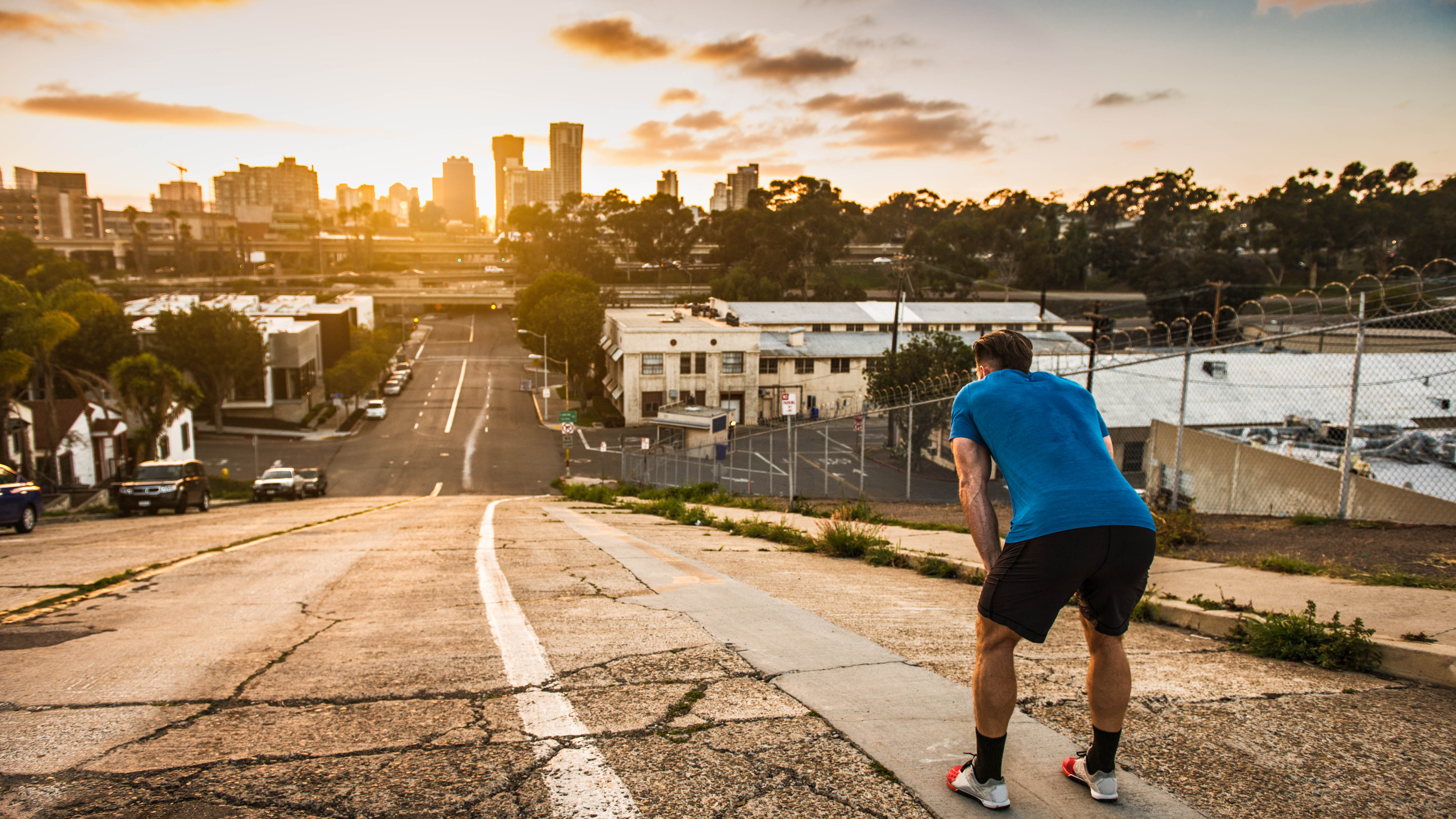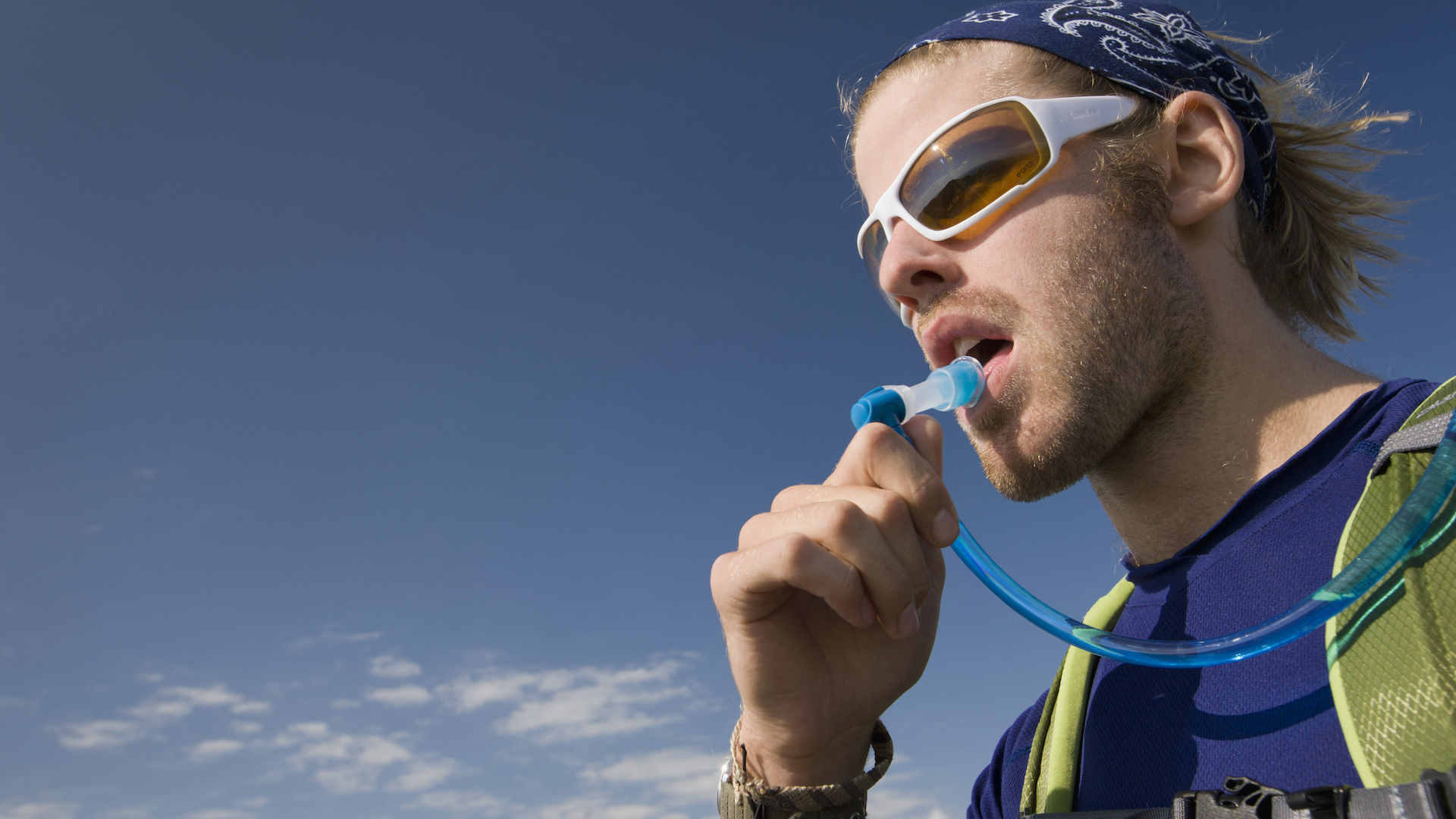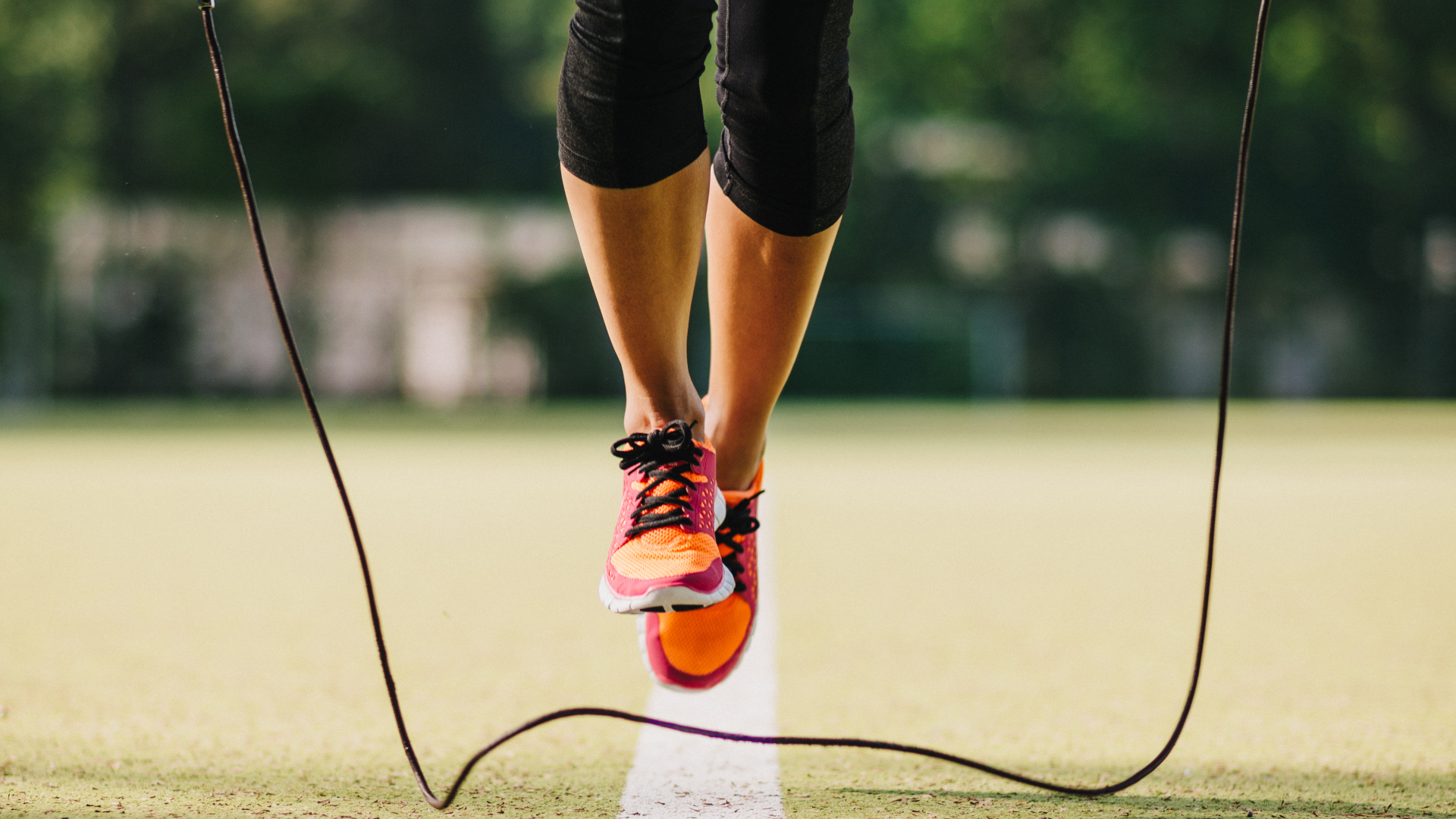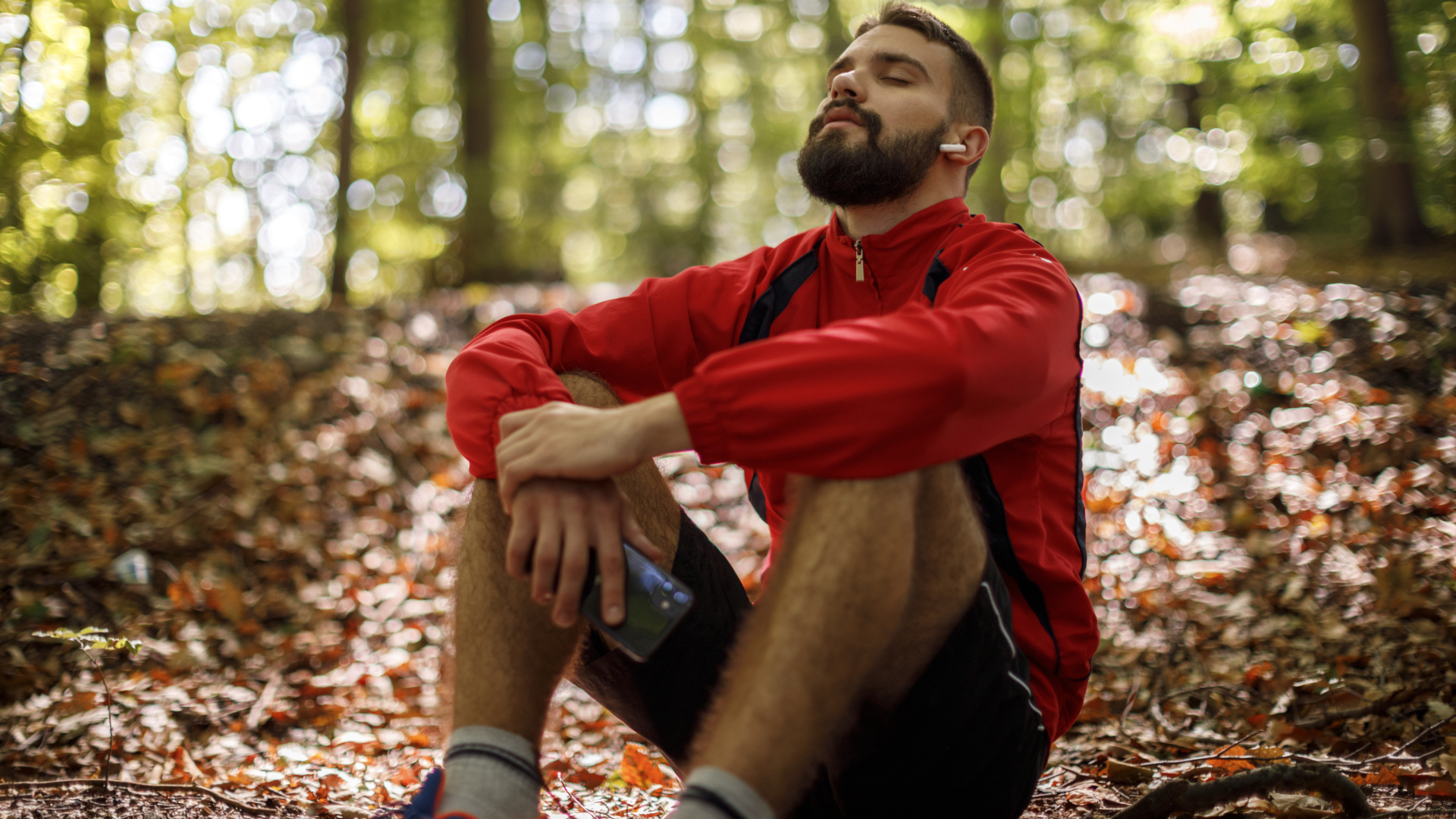Why are some runs harder than others?
Why are some runs harder than others? We examine six common explanations for why you feel like you’ve hit a wall on the trail some days

Not every run is a good run. I know I’m not the only runner to have noticed this. There are days when you lace up your best trail running shoes and hit the ground flying, but no matter how many gains you feel you’ve made that day, it’s never long before you have one of those bad days where your legs feel like they’re filled with concrete and you never seem to find your flow.
When you haven’t made any major changes to explain why you’re suddenly flagging, such as tackling a much steeper route or going up in altitude, it can be really dispiriting and feel like you’re taking one step forwards, two steps back. Why are some runs harder than others? The truth of the matter is that it could be down to a variety of reasons, or even a combination of several factors. In this article, we examine six common explanations for why you feel like you’ve hit a wall on the trail some days.
1. Overtraining
A simple, but potentially easy to overlook explanation is that you haven’t given yourself enough time to recover from your last run – yes, even if it’s been a couple of days. Overtraining syndrome, perhaps more commonly referred to casually in the athletic world as burnout, is the term given to your body’s response to excessive exercise without adequate rest. It can result in various neurological, endocrinological and immunological symptoms and is preceded by overreaching, which is when increased training leads to diminished performance returns.
If you’ve increased your running pace, distance or frequency to meet your goals recently, consider that you’ll need to factor in longer recovery periods than you may have in the past. If you have a hard time gauging when your body is fully recovered, as many of us do, consider utilizing a GPS watch like the Garmin Forerunner 955 which was the first watch to include heart rate variability (HRV) and training readiness scores to help you understand how your body is responding to life and training.
In addition to taking longer gaps between runs, you also want to ensure a good night’s sleep before a run. If you’re going to bed late or your sleep is disrupted, you might be lagging in energy. Read our tips on how to fall asleep anywhere to help you catch more shuteye.

2. Dehydration
You probably already know this, but hydration has a huge impact on your running performance, and it doesn’t just stop at knowing how much water to carry on your run. Susan Kitchen, a registered dietitian and USA Triathlon Level II and IRONMAN certified endurance coach, told us that dehydration is the number one source of fatigue amongst runners.
“The first thing you'll notice is that your heart rate goes up. Even if you're not monitoring your heart rate, you will feel like you're working harder than you should be. Your perceived exertion goes up, your heart rate goes up, and you start to feel not well.”
Advnture Newsletter
All the latest inspiration, tips and guides to help you plan your next Advnture!
If you suspect dehydration may be the cause, read our article on hydration tips for runners and make sure to hydrate well in the 24 hours before you run and avoid dehydrating factors like alcohol, excessive caffeine and saunas.

3. Nutrition
Just like not taking enough fluids in the days before a run can impact how you feel, nutrition plays a huge role in your energy levels. Of course, you don’t want to run too soon after eating a big meal as you’ll probably just end up with a stitch or other GI issues, but if you’re not eating enough or eating the wrong foods, you won’t have the fuel to enjoy your run.
Nutrition expert Jenny Tschiesche, also known as the Lunchbox Doctor, shared some of her top nutrition tips for runners with us, including avoiding over reliance on running gels for an energy spike, eating a big variety of vegetables and getting your Omega-3s.
“Anyone that is exercising for long periods of time will be in a proinflammatory state, so I highly recommend eating oily fish twice a week,” she says. recommending salmon, mackerel, anchovies, sardines, and herring as her top choices.

4. Muscle tension
If your legs feel like lead and you’re pretty sure you’ve been eating and drinking well, another factor that was raised in affecting running economy in trained distance runners was muscle tension, according to a 2004 study. This relates to the ability of your muscles to store and release elastic energy, and it is improved by increasing the stiffness of your muscles.
Many of us learned to stretch before a run, but some years ago I attended a running clinic with Malcolm Balk where he explained that we actually want to keep our muscle fibers tighter before a run to help with rebound energy, and then stretch them out after a run. If you’ve been stretching pre-run or even doing a lot of yoga on your rest days and feeling like it’s hard to pick up the pace, consider instead just doing a few minutes of brisk walking to warm up, incorporating plyometrics into your training. You could even follow some athletes’ example and employ ice baths.

5. Your mental outlook
Sometimes, it can be amazing to hit the trail after a busy day and clear your head, but other times, your run just feels like a continuation of the disastrous day you already had at the office. The old saying goes that when it comes down to performance, it’s all about mind over matter and while physical training does play an important role in performance, Sport psychologist Kirsten Cooper explains that the older you get, the greater influence your psychology might have over your experience.
“As we age in sport, we become more aware of pressure and the more time we've spent in sport, the more we care about our success and identity within that sport.”
If you are training for an event like a marathon, you could be getting in your own way mentally and that could be slowing you down. Even if you’re just going out to run a 10k after work, you might just be in a more distracted or negative headspace that may not be conducive to optimal performance. Check out Cooper’s tips in our article on mental traits of elite athletes for some advice, consider meditation for runners or even just running before work instead of after so your mind doesn’t have the chance to get filled with negativity.

6. The weather
For many runners, cold weather presents challenges in the form of icy or snow-covered trails, while sunny days seem made for running, but the truth might be a little more complicated than that.
It has been shown that extreme cold can affect your running performance, but according to a 2021 study, London marathons are always run slower in hot conditions. Running in hot or even warm temperatures increases your heart rate, places more stress on your body, dehydrates you faster, and leaves you feeling fatigued. This effect is worse in hot, humid conditions, so if it’s sultrier than usual, the forecast may be to blame. Read our tips for running in hot weather, use a hydration pack and don’t expect to maintain your normal pace or distance.
- Best road running shoes: for race days or everyday training
Julia Clarke is a staff writer for Advnture.com and the author of the book Restorative Yoga for Beginners. She loves to explore mountains on foot, bike, skis and belay and then recover on the the yoga mat. Julia graduated with a degree in journalism in 2004 and spent eight years working as a radio presenter in Kansas City, Vermont, Boston and New York City before discovering the joys of the Rocky Mountains. She then detoured west to Colorado and enjoyed 11 years teaching yoga in Vail before returning to her hometown of Glasgow, Scotland in 2020 to focus on family and writing.

